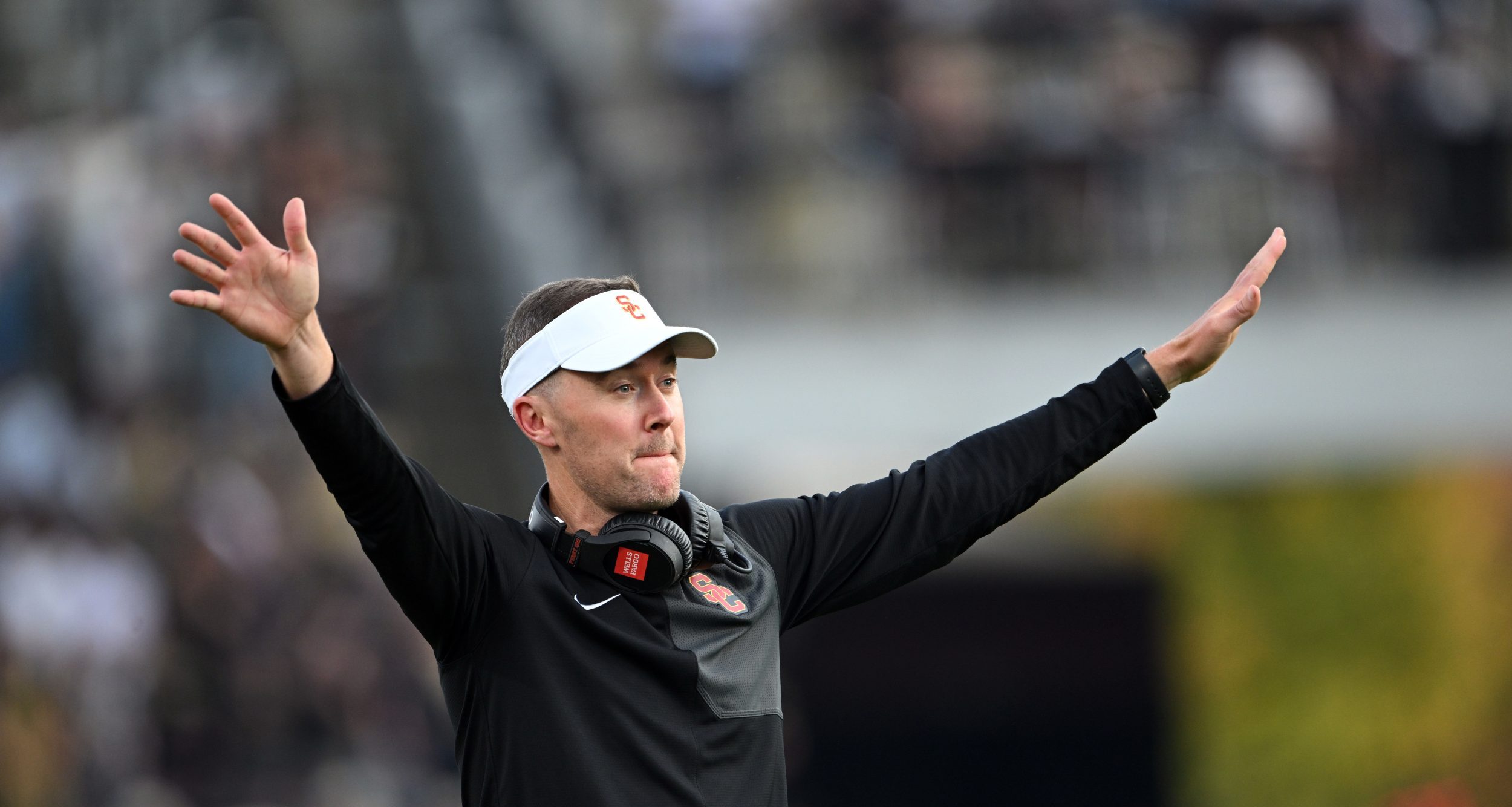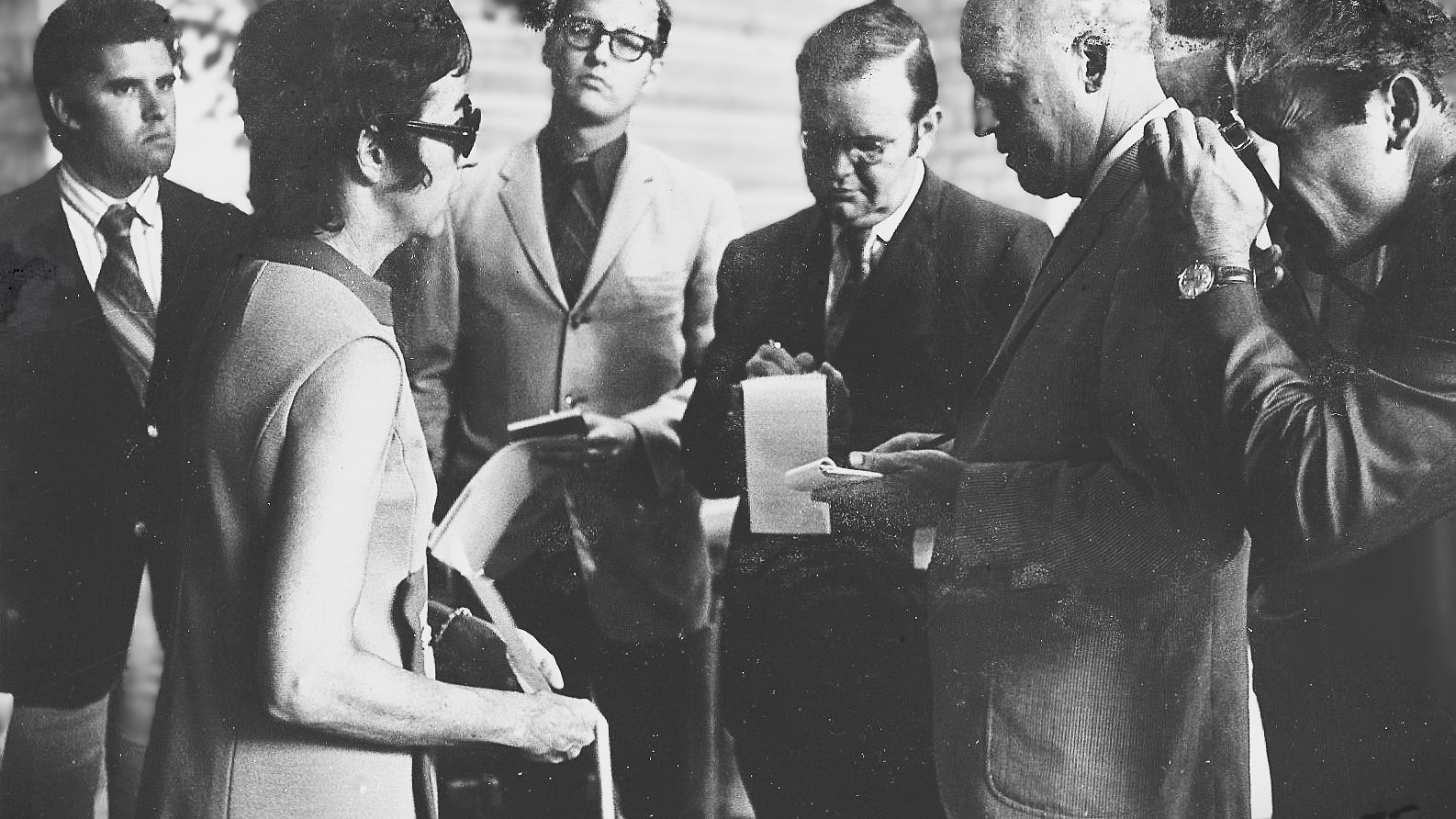Lincoln Riley rips USC’s back-to-back extreme kickoffs

USC plays Illinois at noon Eastern time on Saturday, exactly one week after hosting Michigan State in an 11 p.m. ET kickoff. Lincoln Riley made it clear this week that the 23-hour scheduling swing creates real challenges for his program.“Going from the absolute latest kick in the country to the absolute earliest kick in the country has its challenges,” Riley said Wednesday. “We don’t make the schedule. Clearly. And so we’ve had to adapt a little bit in the way that we’ve prepared and how much we’ve done.”Riley knows USC chose this situation when it joined the Big Ten, but that doesn’t make managing it any less frustrating. His team went from an 8 p.m. Pacific kickoff against Michigan State, which amounts to a 9 a.m. Pacific start in Champaign. The Michigan State game didn’t wrap up until well past midnight Eastern, and now the same players are expected to perform at their best 11 hours earlier in the day than they did six days earlier.He also pointed to how late games create cascading problems. The weather-delayed Purdue game earlier this season made things worse because “being so late and getting back so late, it compounds if you’re not careful,” he said. “So we’ve tried to be mindful of getting our work done, but at the same time knowing that we need to put a fresh football team on that airplane.”USC isn’t dealing with this alone. Michigan State traveled to Los Angeles just last week for an 11 p.m. ET kickoff that didn’t wrap up until around 2:30 a.m. for fans back in East Lansing, who nearly led a full-fledged revolt.So, it’s not as if Riley’s complaints don’t reflect what plenty of other coaches are thinking, but probably aren’t saying publicly. The Big Ten’s television money funds scholarships, facilities, and coaching salaries that benefit everyone in the conference. But it also creates logistical problems that coaches have to solve without much input in the decisions that cause them.USC knew joining the Big Ten meant dealing with scheduling extremes across four time zones and multiple television markets. Riley’s frustration suggests the reality of bouncing between 11 p.m. and noon kickoffs in consecutive weeks feels different than agreeing to it in principle.Clearly, some aspects of that deal are harder to live with than others.









